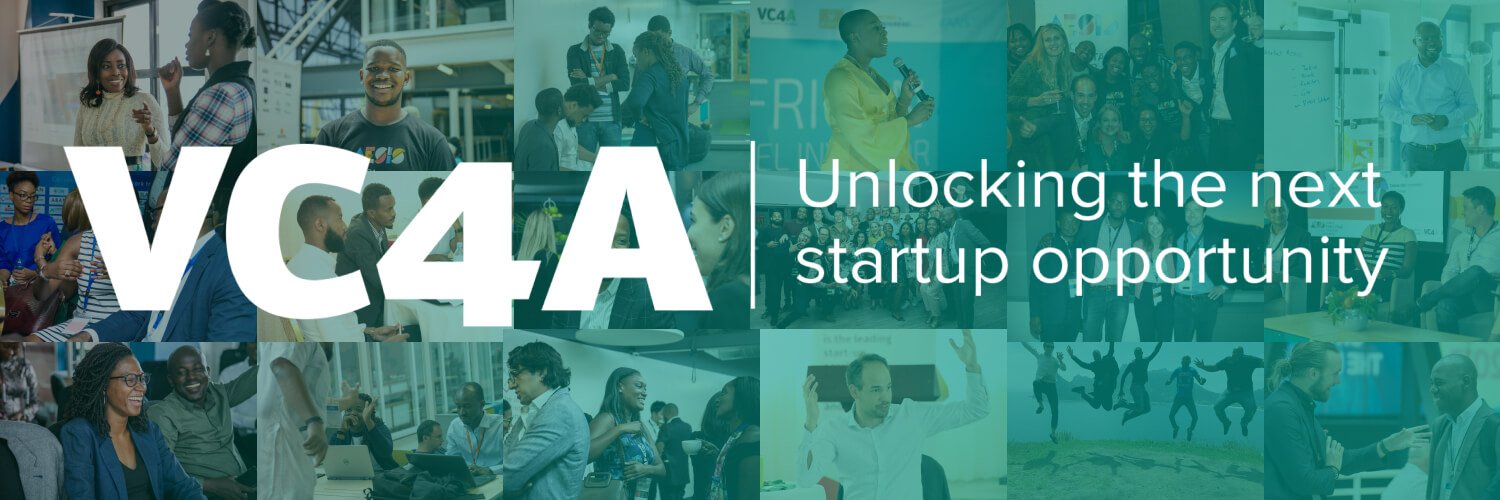CAIRO – 14 June 2020: Allianz’s chief economic adviser and president-elect of Queens’ College, University of Cambridge Mohamed El-Erian wrote an article on Financial Times about the American economy and the switch happened in it during the last period.
Here is El-Erian’s full article
For most of the last 15 years, the US economy has relied on a mix of public and private finance to liquefy financial markets, boost asset prices and drive economic growth.
What used to be a sequential process — private sector credit factories at full force during the good times, and massive injections of liquidity from the public sector during the more difficult times — has evolved into a simultaneous one. The resulting explosion in leverage has been cheered by markets and most economists, for now. But it will become a lot more problematic should finance’s front-running of the economy not be validated by strong growth that is also inclusive and sustainable.
Going into the global financial crisis in 2008, private sector credit creation had operated in turbo-charge mode. In addition to buoyant issuance of bonds, there was a very rapid rise in securitisation, which found new ways to lever corporate and household balance sheets while reducing barriers to entry for creditors. But the whole process got carried away, resulting in excessive and unsustainable risk-taking by borrowers and lenders.
As the private sector went into a disorderly mode of deleveraging during the crisis, the public sector had no choice but to step in and do whatever it could to avoid a depression. Government debt and the Federal Reserve’s balance sheet soared — accompanied by assurances from officials that this growth would be reversed once economic growth recovered, and once the private sector had completed its de-levering in an orderly fashion.
But exiting this regime proved difficult in the post-crisis years. A premature attempt to limit government deficits undermined growth, adding to households’ economic insecurity — especially as the benefits of the meagre growth flowed to the better-off segments of society. Rather than reduce its balance sheet, the Fed felt compelled to expand it, waiting for an elusive policy handoff to those more able to deliver genuine and durable economic growth.
Meanwhile, the private sector went on a borrowing binge as Fed-repressed interest rates encouraged and enabled not only the funding of operational expansion but also — in a much bigger way — the buying back of stock, the paying of high dividends and the pursuit of mergers and acquisitions. Then came the Covid-19 shock to the economy and markets.
Facing a new threat of depression, the public sector pivoted to a “whatever it takes” paradigm. The Fed’s balance sheet exploded — almost doubling to near-$7tn in less than a couple of months — as did US government borrowing, rising by an extra 15 per cent of gross domestic product.
The scale of such policies was once considered unthinkable. To overcome the risks of market malfunction and a credit freeze, the Fed is now underwriting not just liquidity risk and credit risk for high-quality companies, but also the risk of default in the junk-bond market. Fiscal measures have included sending cheques to US households as part of a broad-based relief effort.
Please use the sharing tools found via the share button at the top or side of articles. Copying articles to share with others is a breach of FT.com T&Cs and Copyright Policy. Email licensing@ft.com to buy additional rights. Subscribers may share up to 10 or 20 articles per month using the gift article service. More information can be found at https://www.ft.com/tour.
https://www.ft.com/content/944c98f3-21aa-40dd-8b5e-a246e9fc444b
The immediate impact on financial markets has been beneficial, and has extended well beyond the remarkable recovery in stocks that drove the Nasdaq Composite through the 10,000 mark for the first time on Tuesday and had the S&P show gains for 2020. Corporate bond issuance has been setting new records, as have inflows of investors’ funds into credit markets, despite very low yields. The spillover effects include more than $300bn of emerging-market bond issuance in the first five months of the year, exceeding levels for the same periods in 2018 and 2019.
This huge rise in financial leverage will prove advisable and sustainable if, and only if, economic growth picks up quickly and validates it. In such a scenario, companies’ and countries’ use of debt to bolster cash buffers and offset massive revenue shortfalls would be deemed to have been a wise way to avoid temporary liquidity problems turning into a crippling solvency risk.
But if growth disappoints, the economy and markets will have to cope with a massive debt overhang that results in even greater central bank distortions of markets and lower growth potential. There will be widespread debt restructurings too, and disorderly non-payments.
Given that this nascent economic recovery is subject to significant uncertainty, the answer is not to quickly de-lever balance sheets. Instead, there is a need for an evolution in approaches. Governments should ensure a stronger foundation for high and durable growth that benefits more than the well-off in society, and investors should be more disciplined in minimising exposures to bankruptcy risk and capital impairments.
Lastly, companies need to resist the temptation to use debt for more financial engineering and higher executive pay.










